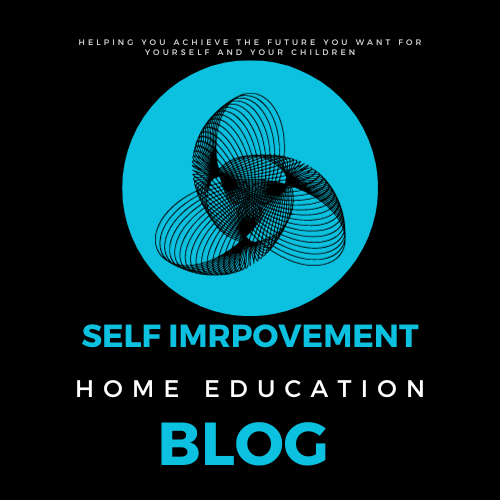In the ever-evolving landscape of education, homeschooling has emerged
as a popular choice for parents seeking a more personalized approach
to their children’s learning journey. For middle schoolers, specifically
those aged 11-13, homeschooling presents a unique opportunity to tailor
education to their individual needs, fostering both academic and personal
growth. In this blog post, we’ll delve into the world of homeschooling middle
schoolers and shed light on the importance of physical education
during this crucial developmental stage.
The Homeschool Advantage
Homeschooling allows parents to create a customized curriculum
that goes beyond traditional classroom boundaries. This flexibility is
particularly beneficial for middle schoolers who are navigating the
challenging transition from childhood to adolescence. It provides an
environment where learning is not confined to the walls of a classroom,
allowing students to explore their interests and passions more deeply.
Learning on Your Own
Middle schoolers are at an age where they can begin taking charge of
their own education. Encouraging self-directed learning empowers
them to develop critical thinking skills and a sense of responsibility
for their education. Utilizing various resources such as online courses,
educational apps, and library materials can make learning a dynamic
and engaging experience.
Teaching Physical Education at Home
Physical education is a crucial aspect of a well-rounded education,
especially during the formative middle school years. Here are some
key elements to consider when teaching physical education to
homeschoolers aged 11-13:
1. Incorporate Varied Activities:
Create a diverse physical education program that includes activities
like team sports, individual exercises, and outdoor adventures. This
not only ensures a well-rounded fitness routine but also allows
students to discover activities they enjoy.
2. Focus on Holistic Health:
Teach middle schoolers about the importance of physical fitness,
nutrition, and mental well-being. Promote habits that contribute to
overall health, emphasizing the mind-body connection.
3. Set Realistic Goals:
Help students set achievable fitness goals, considering their individual
abilities and interests. Tracking progress can instill a sense of
accomplishment and motivation.
4. Encourage Social Interaction:
Physical education is an excellent opportunity for social development.
Organize group activities, sports events, or even virtual meet-ups to
foster a sense of camaraderie among homeschooling peers.
The Impact on Young Minds
At the age of 11-13, children are not only developing physically but
also cognitively and emotionally. Regular physical activity has been
shown to enhance cognitive function, improve concentration, and
reduce stress and anxiety. By integrating physical education into the
homeschooling curriculum, parents can positively impact their
children’s overall well-being and academic performance.
Conclusion
In conclusion, homeschooling middle schoolers offers a unique
chance to nurture their minds and bodies in a tailored learning
environment. By placing a strong emphasis on physical education,
parents can contribute to the holistic development of their children,
setting the foundation for a lifetime of healthy habits and a love
for learning.
Disclaimer: The information on this website is public information and is
not individual legal advice. Readers should not rely on or take any action
based upon the information on this website and professional advice should
be obtained particular to the legal circumstances one is facing. While we
strive for accuracy, it is possible that the information on our site may contain
errors or omissions. We disclaim any liability for any such errors or omissions.
Disclaimer: Some of the links on this website are “affiliate links.” This means
if you click on the link and purchase the item, we will receive an affiliate
commission. We disclose this in accordance with the Federal Trade
Commission’s 16 CFR, Part 255: “Guides Concerning the Use of
Endorsements and Testimonials in Advertising.
